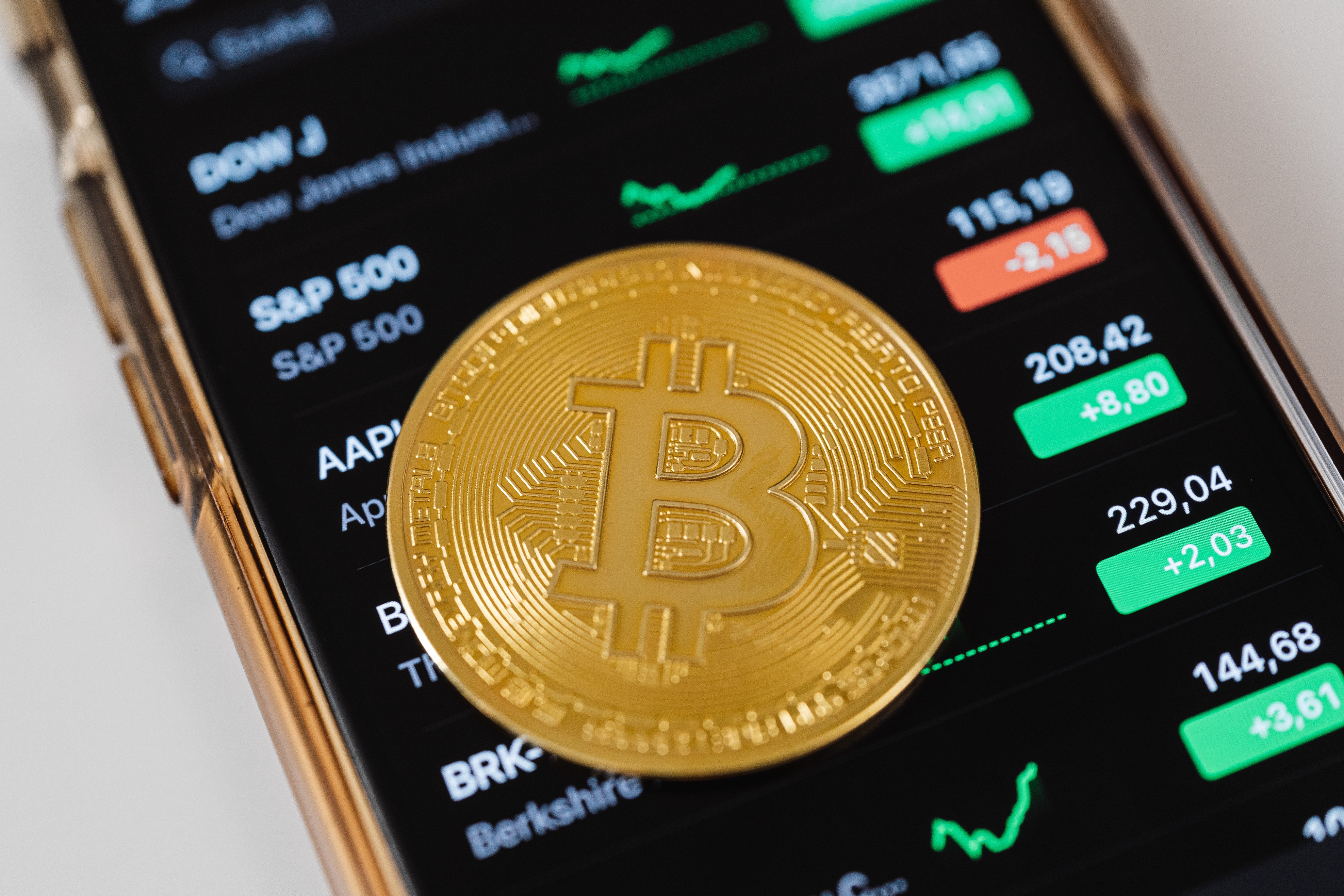Blockchain And Its Impact On Fintech Industry

Blockchain and its impact on Fintech Industry has become a hot topic in the current digital era. The amalgamation of blockchain technology and fintech industry can usher a new epoch, largely transforming the way we conduct financial operations. Blockchain, while being decentralized, secure and transparent, provides a robust foundation for fintech, an industry that leverages technology to enable and improve financial services.
Understanding Blockchain
At its core, blockchain is a distributed and decentralized digital ledger system that records and verifies transactions across multiple computers. This decentralized architecture precludes the need for a central authority or intermediaries. The strength of blockchain lies in its highest caliber of security. Every transaction is cryptographically secured and located in an information block and linked to the preceding and following blocks, forming a chain. This series of transactions ensures that the data, once recorded, can’t be easily altered, providing unparalleled security.
Introduction to Fintech
Fintech, the abbreviated form of Financial Technology, pertains to the innovative use of technology in the design and delivery of financial services and products. It has emerged as a catalyst in transforming the global financial landscape, driving improvements in operational efficiency and customer experience. While the fintech industry utilizes various technologies like AI, machine learning and mobile computing, blockchain has stood out as a game-changer.
Impact of Blockchain on Fintech
Blockchain has the potential to stir a revolution in the fintech industry by adding an increased level of security and trust. It underpins transparency, reducing the risk of fraud by providing an incorruptible record of transactions. Furthermore, as blockchain eliminates the need for intermediaries in financial transactions, it significantly reduces operational costs.
Additionally, blockchain transactions tend to be quicker as they operate round-the-clock, unlike traditional banking transactions that follow set operational hours. Moreover, blockchain opens up the new domain of decentralized finance (DeFi), allowing everyone to have access to financial services without the need for a centralized system.
Challenges Associated with Blockchain in Fintech
Despite the numerous benefits, integrating blockchain technology into fintech is not devoid of challenges. The complexities of implementation and scalability issues remain the primary roadblocks. The technology is still in its nascent stages, demanding a lot of infrastructure to scale up for large financial operations.
Besides, the fintech industry has to grapple with the undefined and evolving regulatory environment concerning blockchain. The absence of concrete legal structures amplifies the risks associated with it. And while the technology hurdles are substantial - the blockchain technology requires robust programming and sophisticated algorithms - industry insiders say its potential benefits outweigh the difficulties.
The Future of Blockchain in Fintech
Going by the current trends, the prospect of blockchain's integration into fintech seems promising. Although it is difficult to lay down precise predictions, growing investments and interest indicate a wider acceptance of blockchain technology in fintech processes. The future could witness more decentralized platforms, powered by blockchain, propelling the fintech industry to even greater heights.
With the profound impact blockchain can have on the fintech industry, its integration holds the potential to reset the financial systems, making them more secure, transparent, and efficient. While the road to this technological alignment has some bumps in the form of implementation difficulties, regulatory constraints, and technological challenges, the overall scope of blockchain's contribution to fintech remains unprecedentedly robust and ever-evolving. Blockchain and its impact on Fintech Industry is just beginning to unfold, promising a more efficient and reliable financial future.
Author: Ricardo Goulart
Ai Beginning To Deliver On Promise
For all the excitement surrounding artificial intelligence, its most immediate impact in the workplace has been measured... Read more
Parallel Banking: Stablecoins Are Now Global
Parallel Banking: How Stablecoins Are Building a New Global Payments SystemStablecoins—digital currencies pegged to tr... Read more
Reassessing AI Investments: What The Correction In US Megacap Tech Stocks Signals
The recent correction in US megacap tech stocks, including giants like Nvidia, Tesla, Meta, and Alphabet, has sent rippl... Read more
AI Hype Meets Reality: Assessing The Impact Of Stock Declines On Future Tech Investments
Recent declines in the stock prices of major tech companies such as Nvidia, Tesla, Meta, and Alphabet have highlighted a... Read more
Technology Sector Fuels U.S. Economic Growth In Q2
The technology sector played a pivotal role in accelerating America's economic growth in the second quarter of 2024.The ... Read more
Tech Start-Ups Advised To Guard Against Foreign Investment Risks
The US National Counterintelligence and Security Center (NCSC) has advised American tech start-ups to be wary of foreign... Read more

